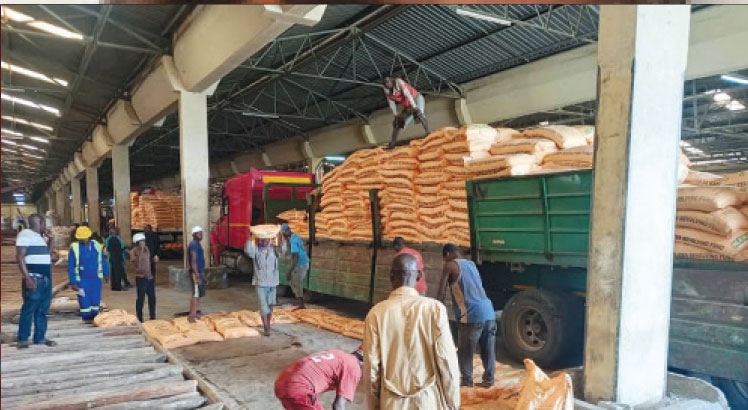Fuel price stabilisation fund building up—mera
Malawi Energy Regulatory Authority (Mera) says the fuel Price Stabilisation Fund (PSF) is now building up, a development which offers hope as consumers could be cushioned from future price hikes.
Speaking in an interview, Mera chief executive officer Henry Kachaje, without indicating how much is currently in the fund, said the current developments in the fuel industry have not necessitated the regulator to use the PSF as it is building up.
He said: “Considering global and other factors that influence and determine prices of fuel on the local market, we had to reduce the price of petrol and maintain that of diesel and paraffin. This means we did not have to dip into the fund because we actually reduced some price.

“This has helped us now and even in the future where if the prices on the global market continue to go down, the PSF will continue to build up to cover us in any eventuality in the future should there be need to adjust the prices upwards.”
In 2021, Mera adopted the automatic fuel pricing mechanism (APM), whereby fuel pump prices are adjusted to reflect fuel price movements on the global market.
Under APM, fuel pump prices are adjusted to reflect international market price movement to allow fuel importing firms to recover importation costs on a real-time basis.
The pricing system also links pump prices to procurement costs and exchange rate movements with a plus or minus five percent trigger band.
But the PSF, which was lately reported to have depleted, absorbs extreme volatility in fuel prices.
As at the start of this year, Mera records showed that PSF balances for petrol, diesel and paraffin averaged K900 million against the recommended minimum of K5 billion.
Meanwhile, Mera has said it is closely following global trends to see whether prices can be adjusted upwards or downwards.
“We are pleased to note that, so far, the trend seems to indicate that we reached a situation where prices were really too high but could ease,” said Kachaje.
But Malawi University of Business and Applied Sciences associate professor of economics Betchani Tchereni observed that the outlook might not be as good as expected.
He suggested that government may need to bring funds from elsewhere to stock the PSF to cushion consumers.
Meanwhile, market analysts say the significant and projected continued increase is on account of the war which has triggered increases in global energy as the sanctions imposed on Russia and its allies have created supply shortages across the globe.
The average petroleum spot prices per barrel are at $100, an increase from an average of $48.5 in 2021.
Last Friday, Mera reduced the local pump price of petrol by K53 to K1 946 per litre from K1999 per litre, representing 2.5 percent drop.
Diesel and paraffin prices have been maintained at K1 920 per litre and K1 236 per litre, respectively.





